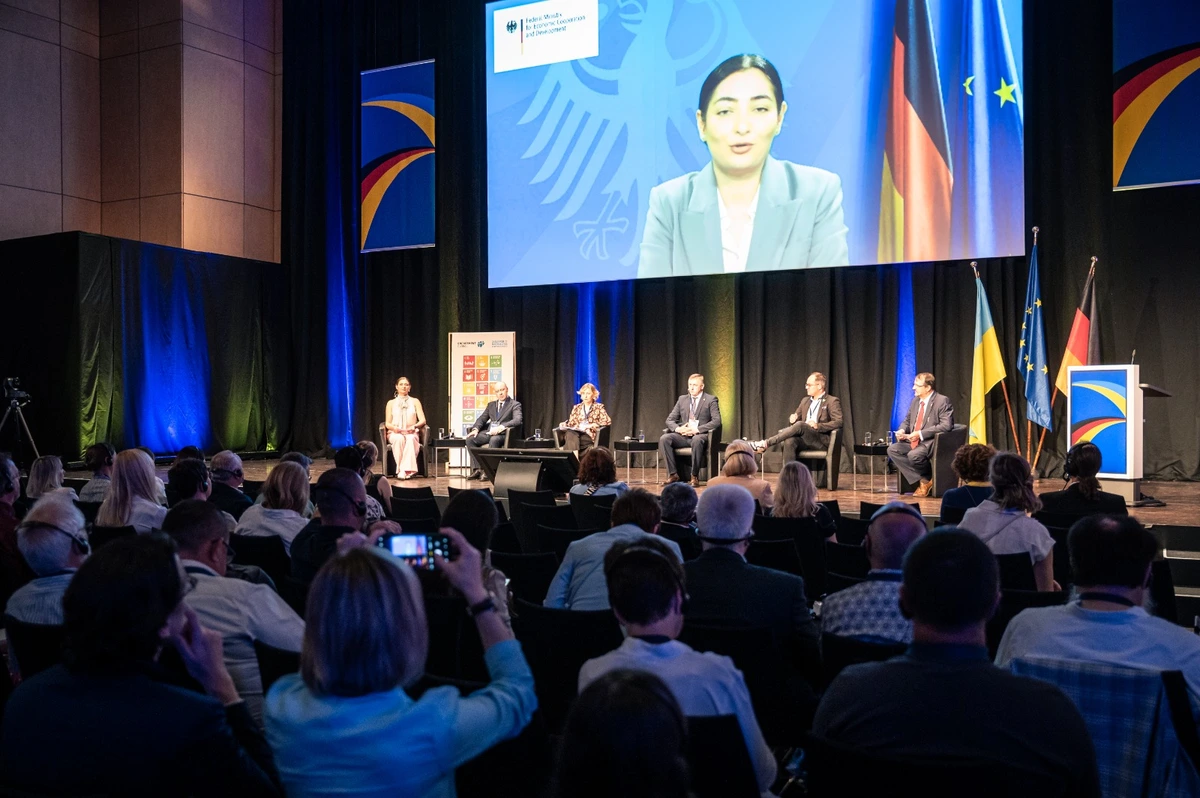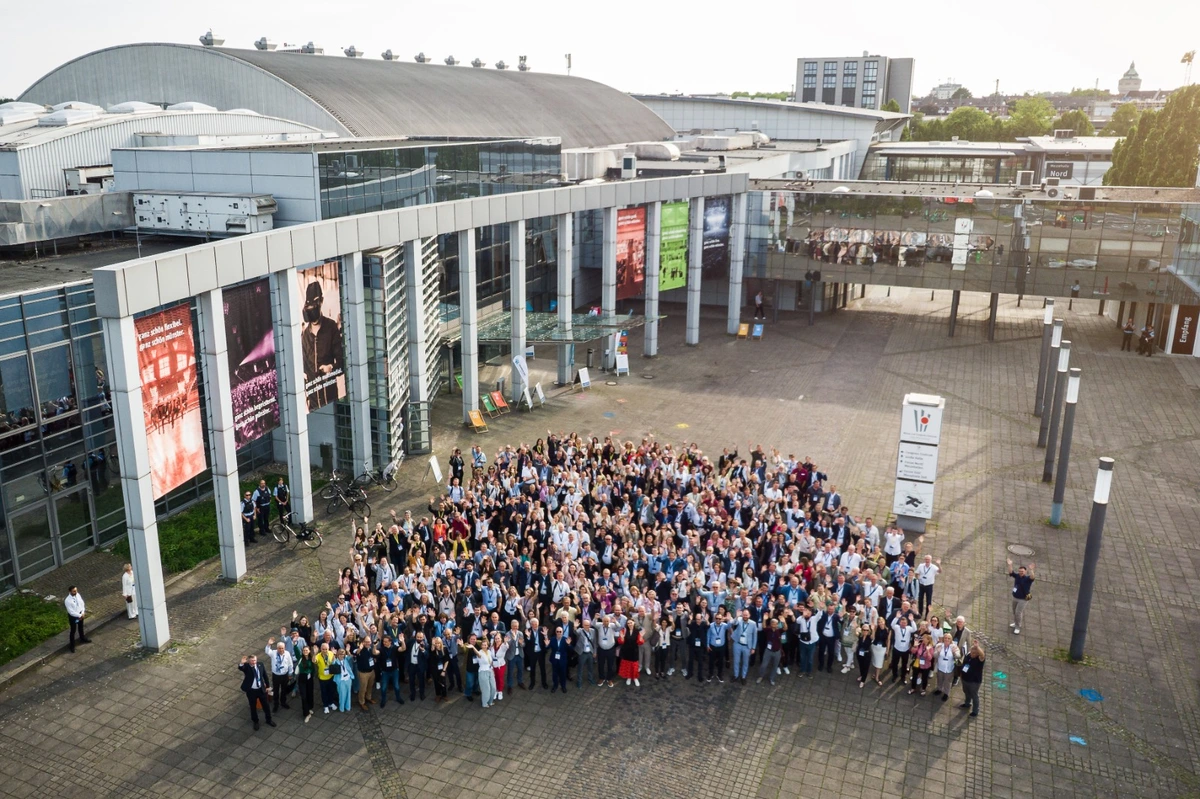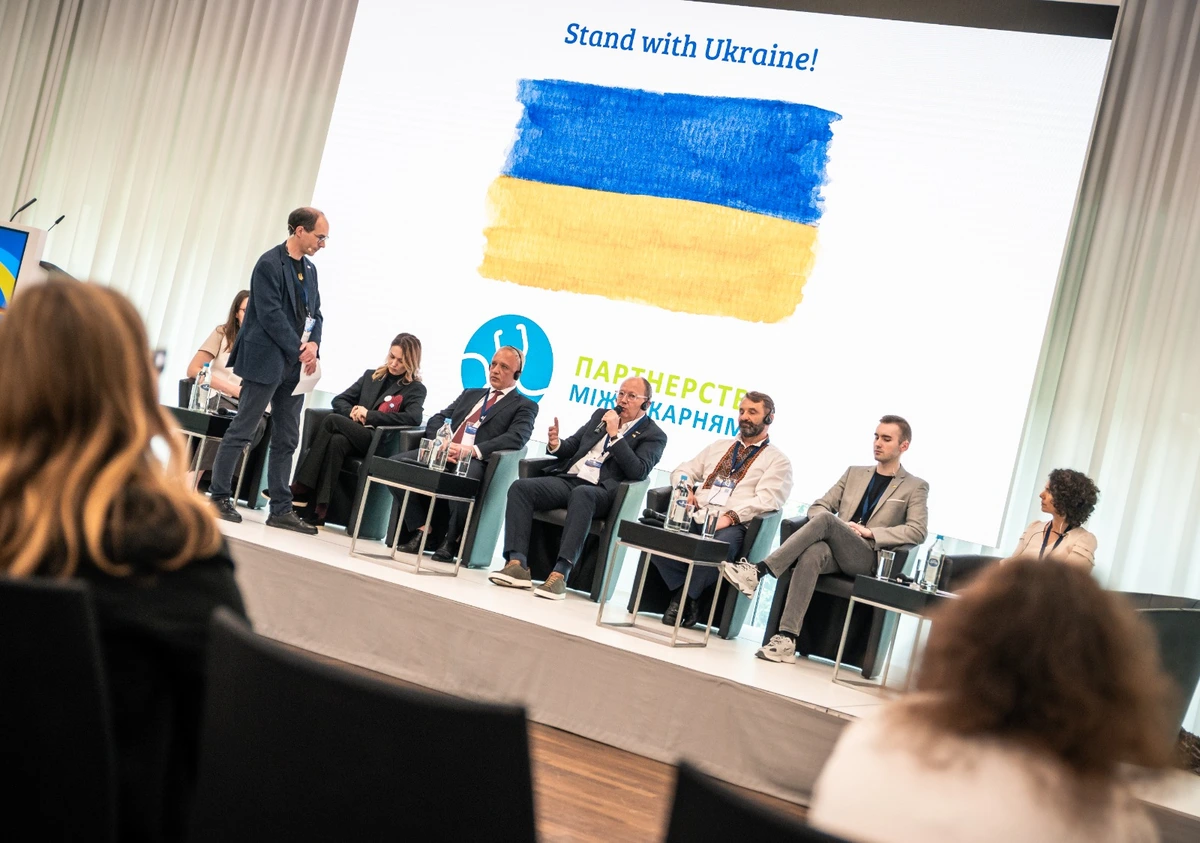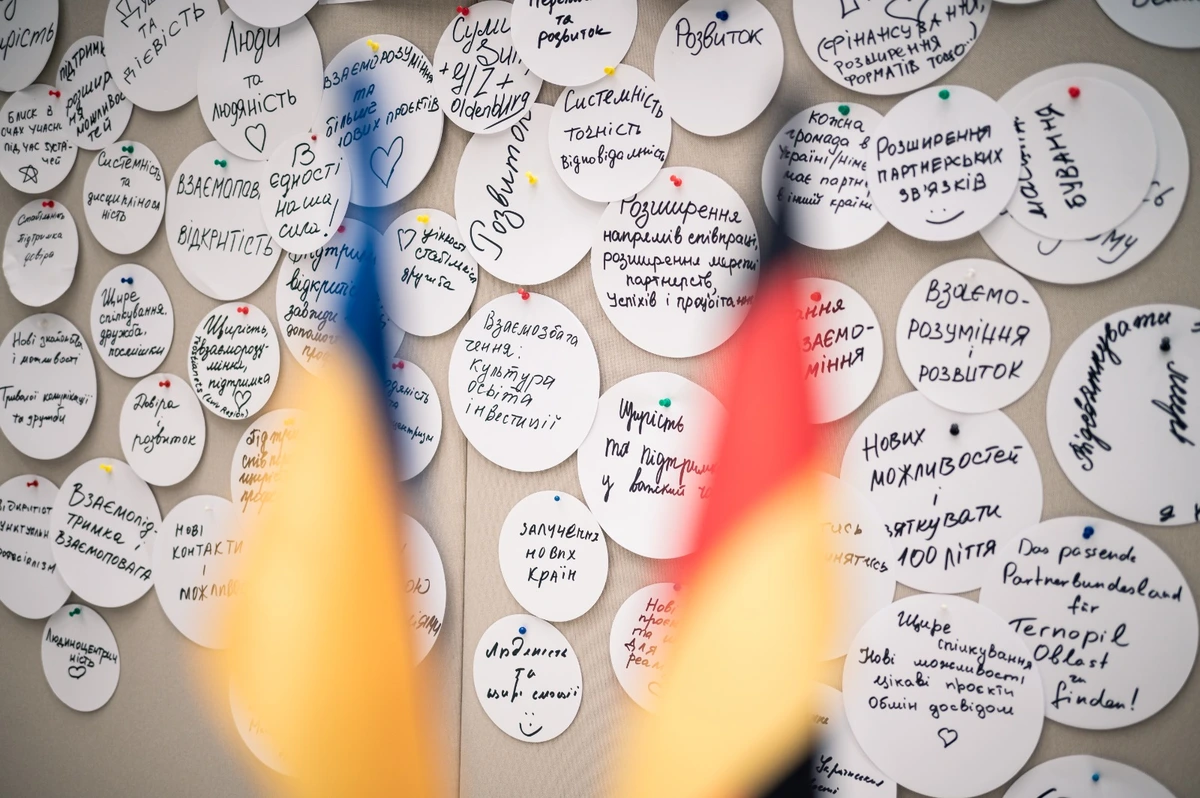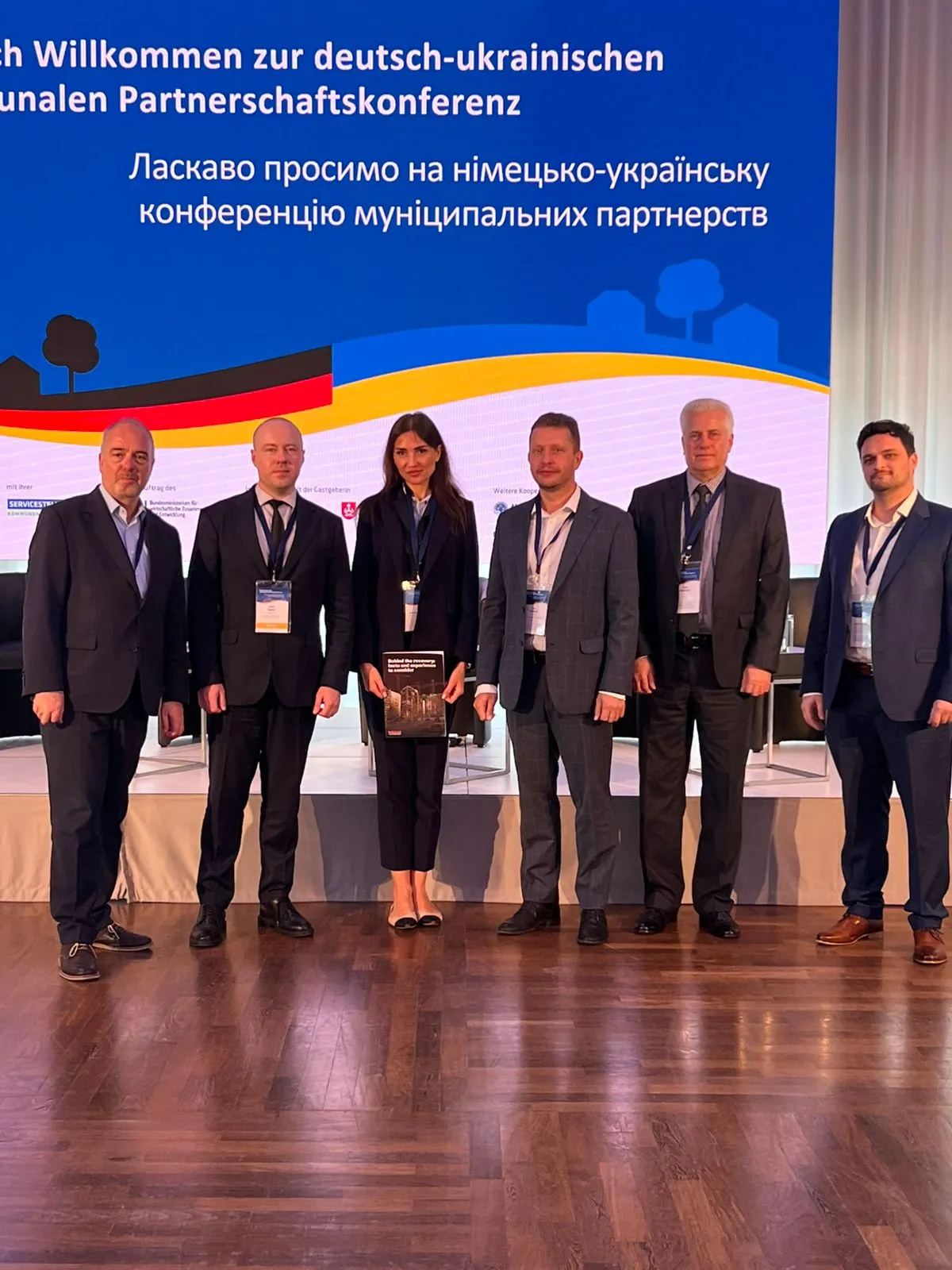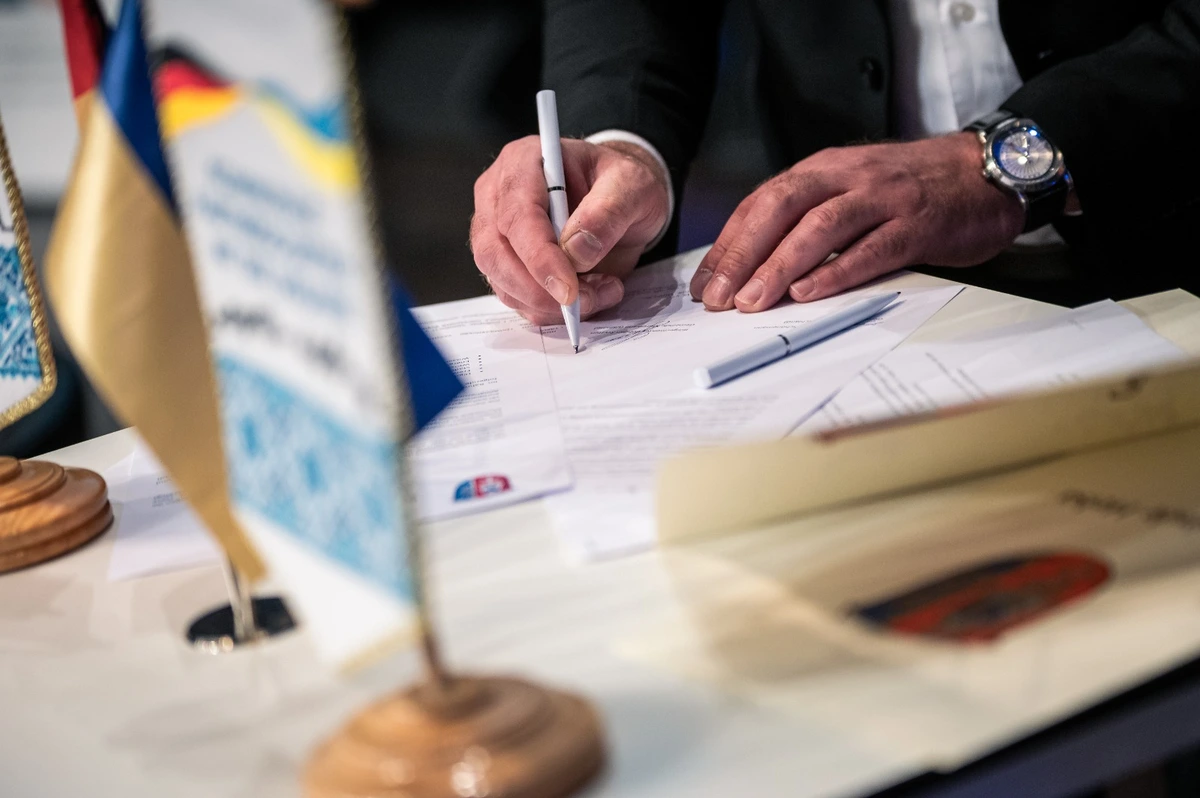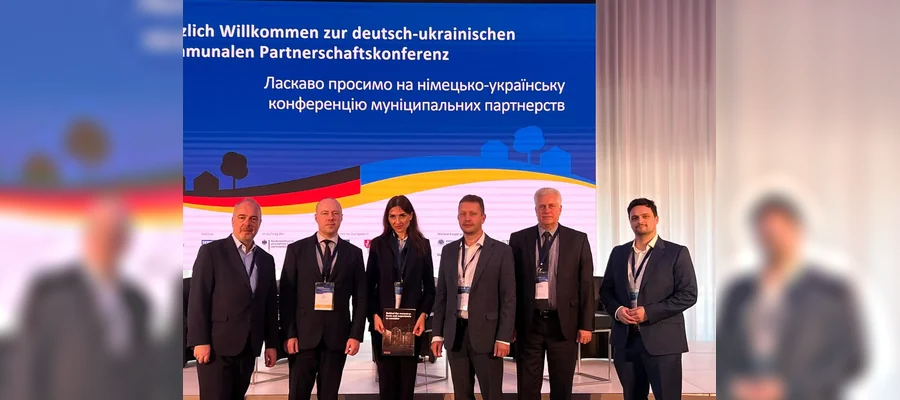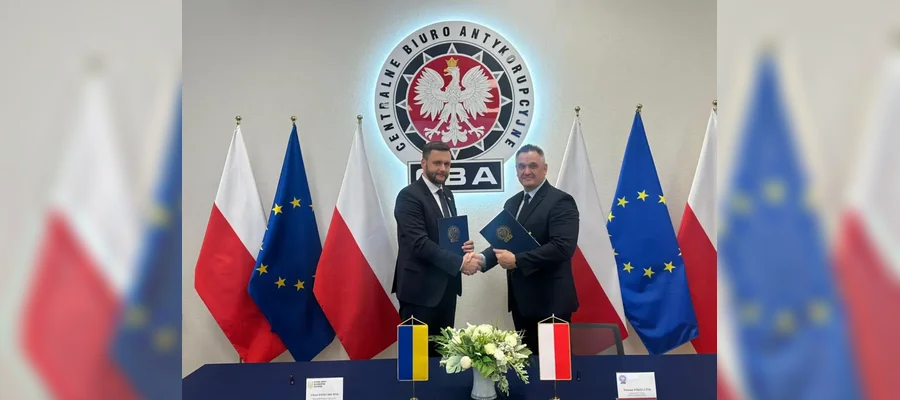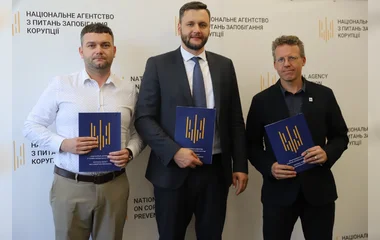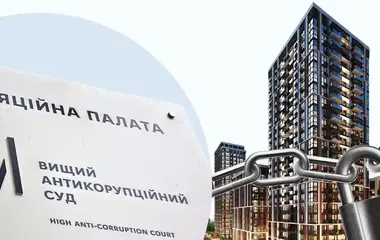Ukraine's European integration is not only a foreign policy vector, but also a profound internal transformation. It involves the introduction of systemic changes that minimise corruption risks and ensure transparency at all levels of government. This was emphasised by Serhii Hupiak, Deputy Head of the National Agency on Corruption Prevention, at the 7th German-Ukrainian Conference on Municipal Partnerships.
"Anti-corruption mainstreaming, which is a prerequisite for European integration, permeates all areas of negotiations with the European Union. Identifying and eliminating gaps during screening is not the exclusive competence of the Government or anti-corruption bodies. This requires consolidated efforts and synchronised actions at all levels, from local communities to central authorities," he said, emphasising that EU accession is both a civilisational choice for our country and a strategic guarantee of security that will prevent attempts at destabilisation from outside.
Serhii Hupiak also highlighted the role of municipal partnerships in the context of Ukraine's European integration. He emphasized that international cooperation at the community level is a powerful driver for the implementation of best practices of integrity and effective governance at the local level. Examples include the communities of Vinnytsia and Chernivtsi, which are leaders in local government transparency according to Transparency International Ukraine's rating.
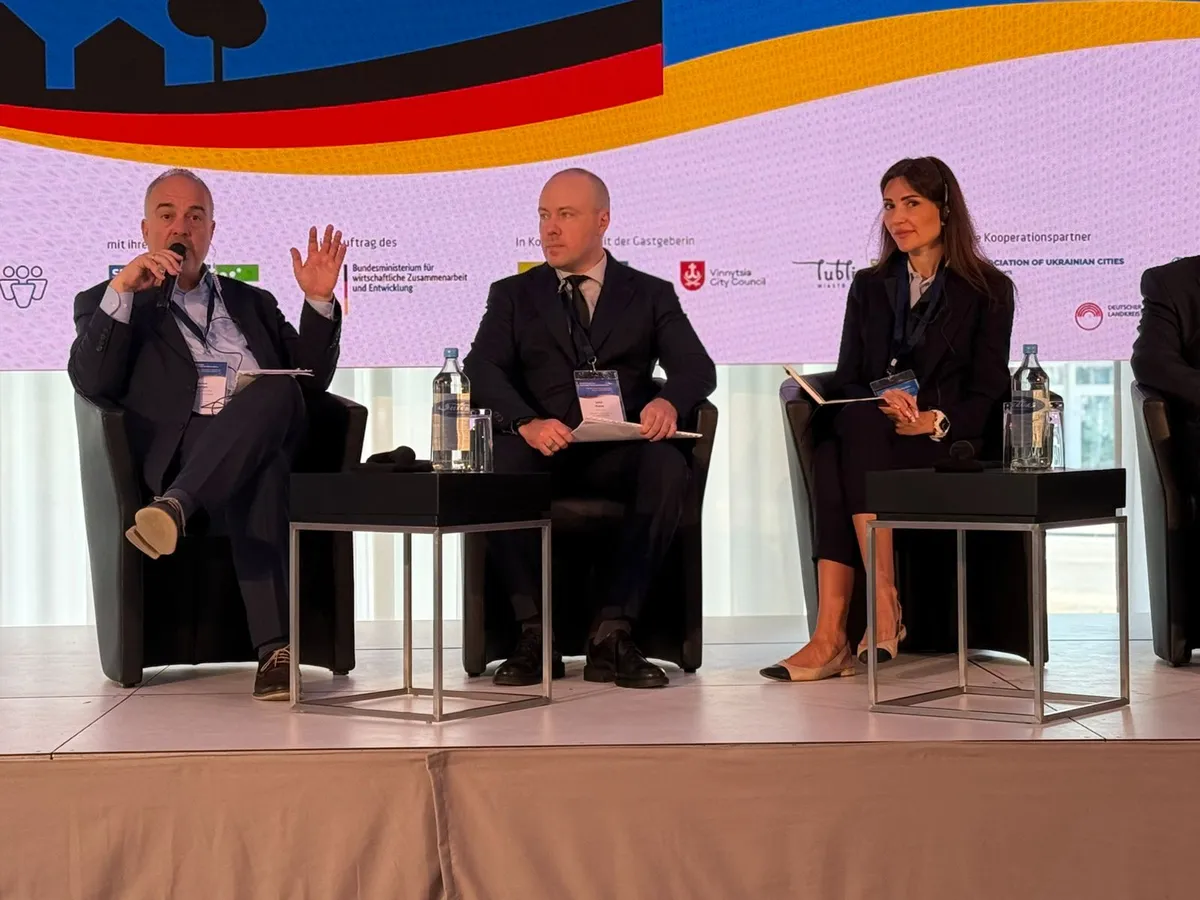
Transparency in reconstruction was a separate topic of the conference. The Deputy Head of the NACP emphasised that the scale of reconstruction and the volume of funding create unique opportunities for the country and, at the same time, new challenges for the anti-corruption system. ‘To ensure investor confidence and the effective use of resources, anti-corruption mechanisms must cover the entire reconstruction cycle, from planning to implementation,’ said Serhii Hupiak.
At the conference, NACP team, which also included Chief of Staff of the National Agency on Corruption Prevention, Ihor Khokhych, presented its findings on the prevention of corrupt practices in recovery. NACP has already identified key corruption risks in the field of recovery and provided recommendations to the relevant authorities on how to eliminate them. Another study in this area is in the pipeline. The Agency also calls for the adoption of a separate comprehensive law on recovery, which will standardise procedures, make data entry into digital systems mandatory and eliminate legal loopholes that open the way for abuse.
Background: The Seventh German-Ukrainian Conference on Municipal Partnerships took place on 16–18 June 2025 in Münster. The event was organised by the German Federal Ministry for Economic Cooperation and Development, the service agency ‘Cities in One World’ and Engagement Global in partnership with the cities of Münster, Vinnytsia and Lublin. Around 600 representatives of Ukrainian and German municipalities, government agencies, scientists and cultural figures took part. The focus was on sustainable development, effective reconstruction, integrity and strengthening the institutional capacity of communities.
